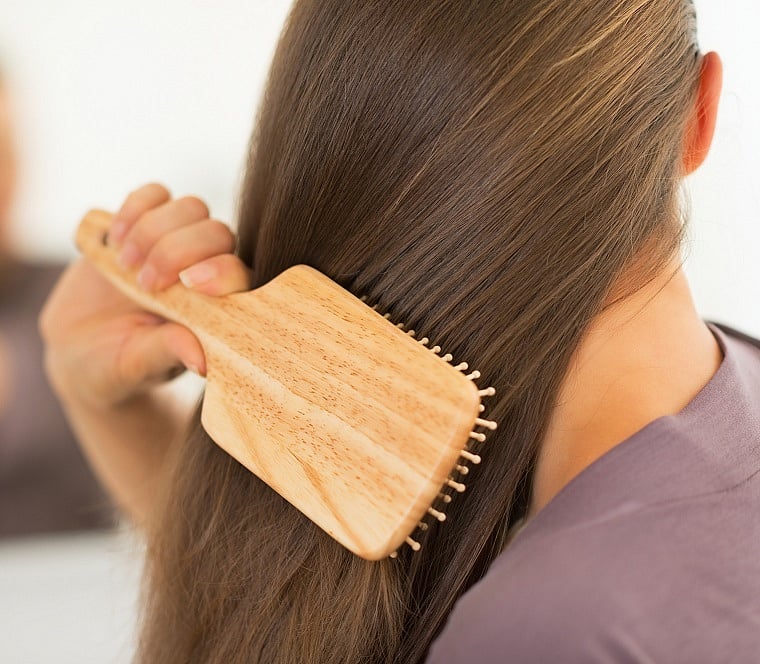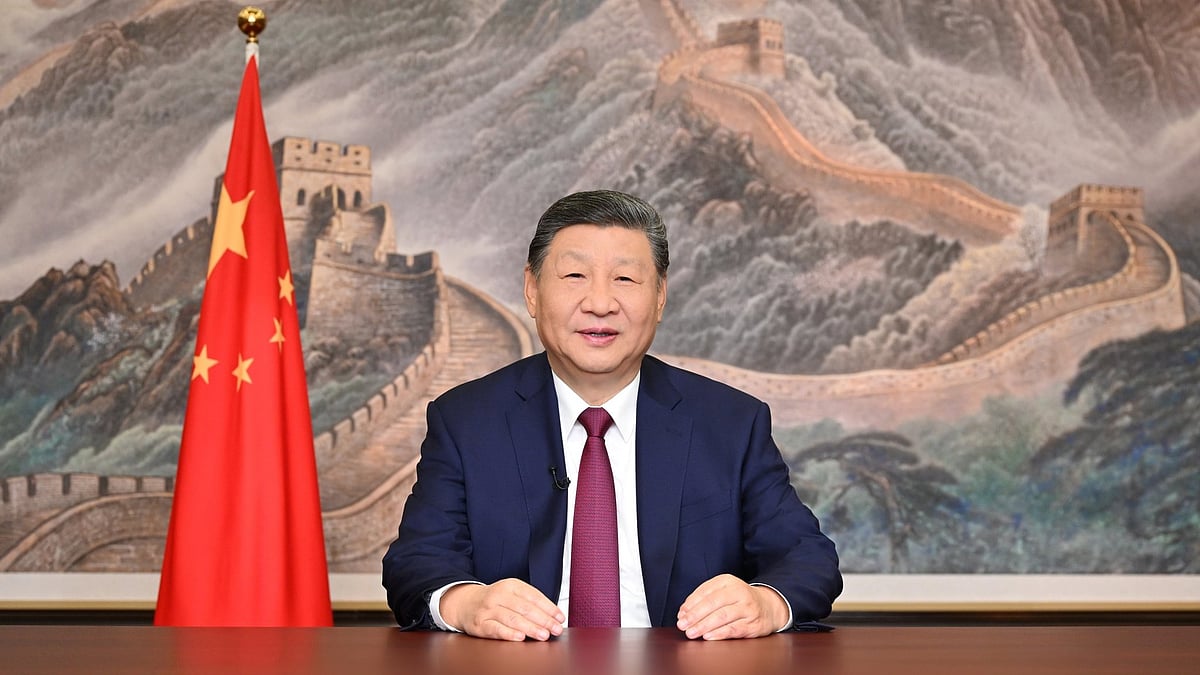New York: Researchers have identified the biological mechanism by which chronic stress impairs hair follicle stem cells, confirming long-standing observations that stress might lead to hair loss. In a mouse study, published in the journal Nature, the researchers found that a major stress hormone puts hair follicle stem cells into an extended resting phase, without regenerating the follicle or the hair.
The researchers identified the specific cell type and molecule responsible for relaying the stress signal to the stem cells and showed that this pathway can be potentially targeted to restore hair growth. "The skin offers a tractable and accessible system to study this important problem in depth, and in this work, we found that stress does actually delay stem-cell activation and fundamentally changes how frequently hair follicle stem cells regenerate tissues," said researcher Ya-Chieh Hsu from Harvard University.
The hair follicle naturally cycles between growth and rest, a process fuelled by hair follicle stem cells. During the growth phase, hair follicle stem cells become activated to regenerate the follicle and hair, and hairs grow longer each day. During the resting phase, the stem cells are quiescent and hairs shed more easily. Hair loss can occur if the hairs shed and the stem cells remain quiescent without regenerating new tissue.
The researchers studied a mouse model of chronic stress and found that hair follicle stem cells stayed in a resting phase for a very long time without regenerating tissues. A major stress hormone produced by the adrenal glands, corticosterone, was upregulated by chronic stress; giving mice corticosterone reproduced the stress effect on the stem cells.
The equivalent hormone in humans is cortisol, which is often referred to as the "stress hormone." Under normal conditions, hair follicle regeneration slows over time — the resting phase becomes longer as the animals age.
But when the researchers removed the stress hormones, the stem cells' resting phase became extremely short and the mice constantly entered the growth phase to regenerate hair follicles throughout their life, even when they were old.






